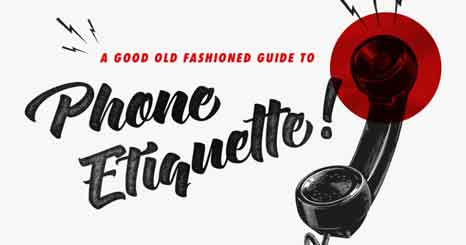The key to telephone sales success is to be ready before making any calls. This can be through making a list of prospects in advance, having a special goal in mind, and knowing exactly what you will say. Always have rebuttals ready to turn that automatic “no” into a sale or at least a stronger prospect and set aside chunks of time. Have all papers with you. Sound energetic but natural when talking to clients, and don’t do anything else like eating while on the telephone.

When making the actual calls to a client, prioritize accounts and reach out to top ones first. Don’t waste time talking to a person without knowing whether he has authority to accept your product or service, but don’t give up after one call attempt. Keep notes on pertinent details revealed in talks and don’t be afraid to ask questions. Not giving up is the key, as not everyone will say yes.
If you cannot accept a no, don’t use the phone. However, remember a friendly call to a client is a good tool to sneak in a possibly contentious revision. Write out in advance what terms are mandatory and what you can truly negotiate on. Keep quiet when needed – this is essential when negotiating over the telephone. Keep taking notes and personally write and send the client what happened during the call, read this post here.
Don’t stop Asking Questions and Listening.
You won’t always be there – tell secretaries and temps whose calls demand appropriate answers and immediate attention. Share your schedule with support staff so they can find you quickly. Call major clients to let them know who to talk to when you’re not there. Remember you are a member of a team and must do your part to be successful.
Do’s for appropriate phone calls:
- Use appropriate titles whether talking to or about someone. (Mr. Mrs., Dr., etc.)
- If the caller says it’s urgent or keeps calling, take that to someone who can return the message.
- Tell the caller if you’re putting them on hold or transferring them.
- Answer the telephone by the third ring.
- Be professional, friendly, and helpful.
- Get the correct name, company, phone number with area code and the appropriate message.
Don’t’s for telephone calls:

- Interrogate the caller.
- Be rude or use slang like “Yea” or “OK.”
- Answer the phone with just a “Hello.”
- Act casual or defensive.
- Give out specific information about someone’s schedule or location without permission.
- Just write down a message if you’re in a position to help solve the caller’s problem.


